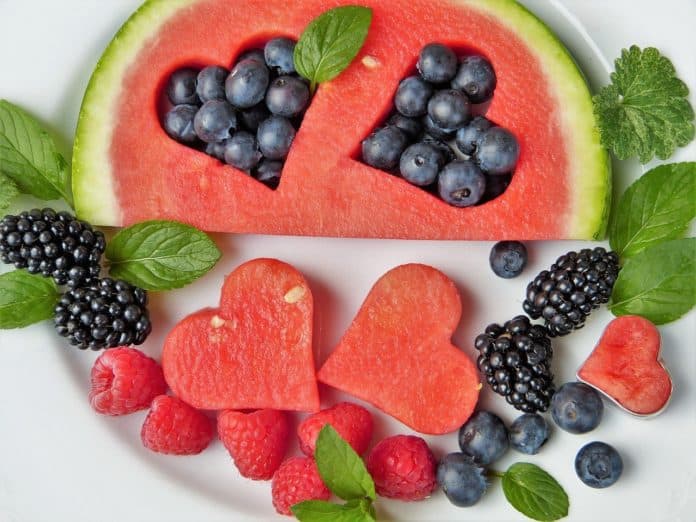CHENNAI: Going vegan is trending and many famous athletes, sportsmen and celebrities are making the switch.
Plant based diet
While there are many health benefits to a completely plant-based diet — there are many environmental benefits as well.
For many years, it has been said that going without meat, egg and dairy has a much smaller carbon footprint.
It’s all about protein
Producing protein from chickens requires three times as much land as producing protein from soybeans
And when we understand that the Amazon wildfires were caused by humans clearing the forest for animal agriculture it makes an even more compelling case for consuming the grain ourselves, instead of funnelling it through animals on farms first.
The protein from pork requires nine times as much land to harvest than from soy and beef requires 32 times as much land than soy for the same weight of protein.
Also read: Do you eat really fast?
The other resource is water.
If you eat red meat, you’re responsible, on average, for the consumption of 15,000 litres of water a day.
Apart from using resources like land and water, animals also emit a lot of waste into the environment.
Dairy
A typical dairy farm which produces milk and has 5,000 cows can also produce the same amount of waste as a typical tier-2 city with a population of approx 1,000,000 people — like Tiruchy or Chandigarh for example.
Not to mention that globally cows produce 150 billion gallons of methane every day.

Fact
The facts show that a vegan carbon footprint is less than half than that of a heavy meat eater.
A person who follows a vegan lifestyle produces the equivalent of 50 per cent less carbon dioxide than a meat-eater and uses 1/11th of oil, 1/13th of the water and 1/18th of the land.
A vegetarian has a marginally larger footprint than a vegan and a fish-eater a bit more than a vegetarian.
Industrial fishing, however, exploits and depletes our oceans and is literally emptying them out unscrupulously.
For every 1 kg of fish caught, almost 5 kg of other unintended marine animals are also caught and then discarded as by-catch.
Also read: Imp. Tips: breakfast for good health
Planet-friendly diet
So how do you make the switch to an planet-friendly diet? Many people think it’s difficult for vegans to eat enough protein.
This typically isn’t an issue for someone eating a varied diet and consciously including sources of plant-based protein.
Sources of protein
Vegan sources of protein really are plentiful and include tofu, soybeans, lentils, chickpeas and beans.
Nuts like almonds and walnuts, and seeds like sunflower and pumpkin seeds, also give protein.
Substitutes for meat
Substitutes for meat, cheese and dairy are all available using either soy or nuts and come pretty close in taste and texture to the real thing.
By also making vegetables the star of your plate, it is possible to stock up on vitamins (like A and K) and minerals (like potassium).
Further, vegetables keep your calories in check and, because they are high in fibre, they can help you feel more satisfied.
Watch specifically for some vitamins like D and B12 though — these tend to be harder to find in plant-based sources, but supplements can bridge this gap.
So, go ahead, try being vegan for a week, a month, a quarter, a year or forever — it could be surprisingly good for you (and the planet!)


